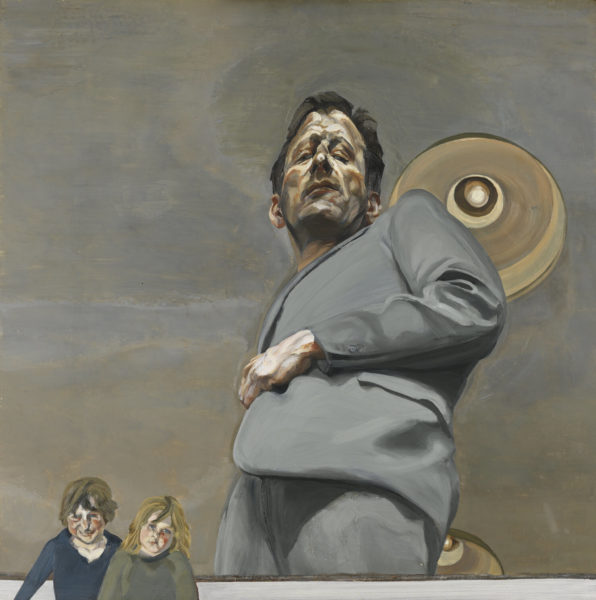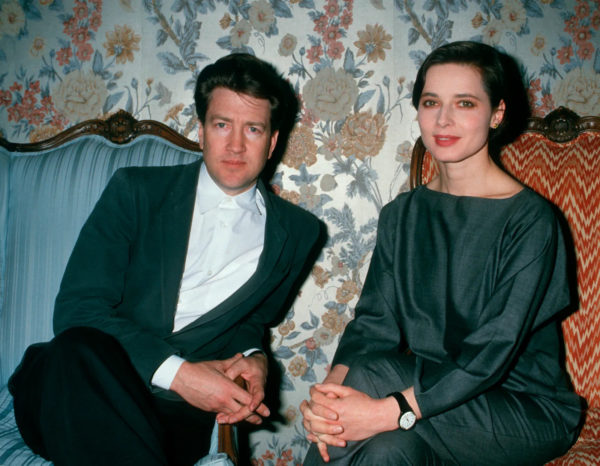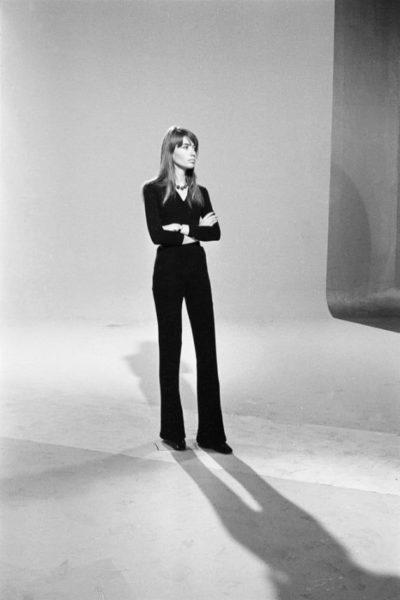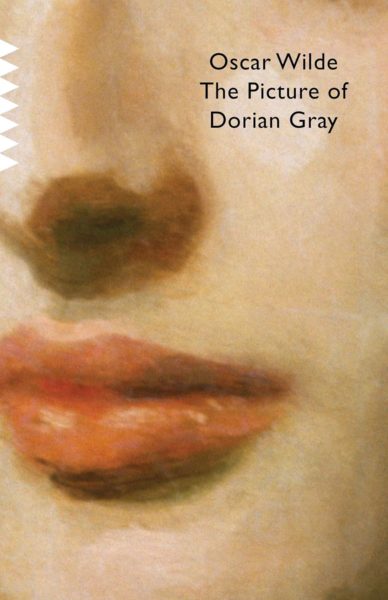“To begin with, there are the easy things to do, things I could do today, for instance:
1. Cruising on a river boat in Paris (…).
Then there are the things that are a little more important, things that require decisions from me, things that I think if I did them, they would maybe make my life a little easier, for example:
2. Deciding to throw away a certain number of things I keep without really knowing why (…).
Or, similarly:
3. Organising my bookcase once and for all (…).
4. Acquire various domestic appliances.
Or even (…):
5. Quit smoking (…).
Then there are the things that are linked to more profound desires for change. For instance:
6. M’habiller d’une façon tout à fait différente. For example, wear ties again. Actually when I say ‘again’, I think I’ve practically never worn ties in my life but well… to order a tailor-made three-piece suit with waistcoat… I mean to see what it would be like if I completely changed my clothing.
A thing I’d really like to do as well is:
7. Go live in a hotel, in Paris. (…) it’s a way of life, that is : while living in Paris, living in a hotel (…).
Or, in a completely opposite area:
8. Go live in the countryside (…).
Or (…):
9. Go live long enough in a major foreign city, for instance in London, or in Zurich or Rome (…).
Then there are the things related to dreams of time and space (…):
10. To pass through the intersection of the equator and the International Date Line (…) the Greenwich meridian (…).
11. Go beyond the Arctic Circle (…).
12. To live an out of time experience (…) without time, without any reference point in time.
13. Take a trip by submarine (…).
14. Take a long trip on a ship (…).
15. Make an ascent or a trip in a balloon or an airship (…).
16. Go the the Kerguelen Islands, (…) because of the name, because of the remoteness (…) or, if not the Kerguelens, it could be Tristan da Cunha, that is a name I like a lot, there’s no ‘e’ in Tristan da Cunha (…).
17. Travel from Morocco to Timbuktu on camel back in 52 days (…) there is a wall somewhere in the Moroccan south where one can see a poster written « Timbuktu 52 days » and little camels (…) it must be exhausting (…) what’s more, if you leave with a secretary, you can dictate the The Charterhouse of Parma since it’s exactly the time it took Stendhal to write The Charterhouse of Parma.
Then the things I’d like to have time to discover:
18. I would like to go to Ardennes (…).
19. I would also like to to Bayreuth, for the festival (…) or to Prague, or to Vienna, or to Prado.
20. I would like to drink rum found at the bottom of the sea (…).
21. To have time to read (…).
22. Travel in dinghies (…) on a barge… take a trip in France.
Then (…) things I’d like to learn, but that I know I don’t even want to try because it would take too much time (…):
23. Solve a Rubik’s cube (…).
24. To learn how to play the drums. I say drums because I feel it’s a little easier than saxophone… you know, play jazz.
25. To learn a foreign language. I feel the easiest would be Italian (…) but the goal would be to read Dante in Italian (…).
26. To learn the profession of printing (…).
27. To paint (…).
Then there are things linked to my work as a writer (…) projects (…) that depend on me:
28. To write for young children (…) the ones who can’t read (…) children to whom parents read stories at bedtime.
29. To write a science-fiction novel (…).
And then there are other things that don’t depend on me, that depend on demands that could be made on me:
30. I would like to write an adventure film scenario in which you’d see 5000 Kyrgyz people running in the steppe (…).
31. To write a real serial novel (…).
32. To work with a cartoonist (…).
33. To write songs (…).
There’s one more thing I’d like to do but I don’t know where it belongs:
34. To plant a tree (…) to watch it grow.
And finally, there are two things that are impossible today because they involve people who are dead:
35. To get drunk with Malcom Lowry (…).
36. To meet Vladimir Nabokov.”
Georges Perec in « Mi fugue, mi raisin » radio show, november 1981.
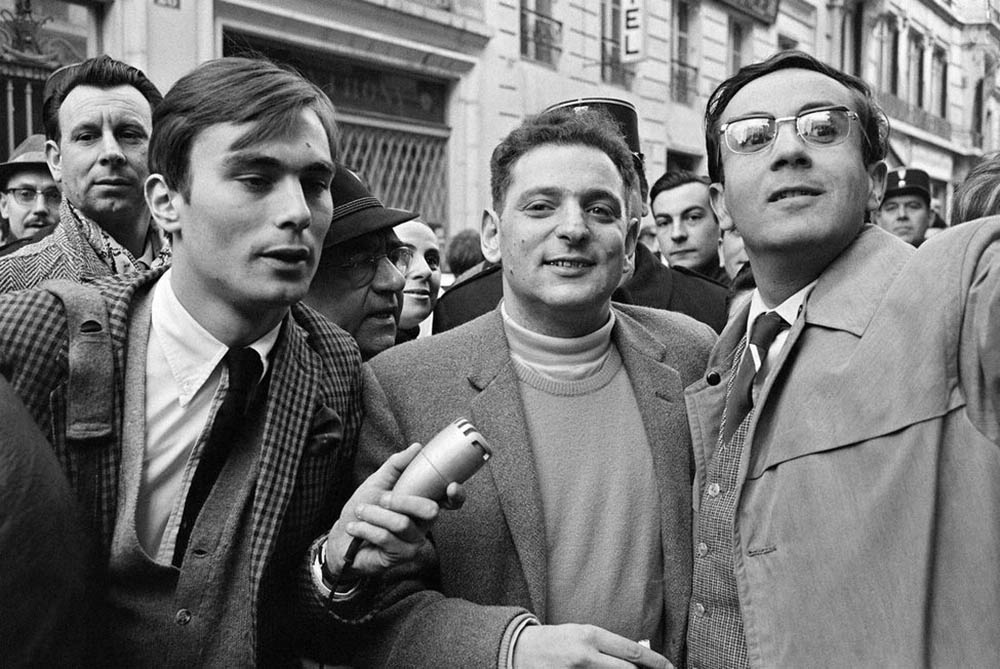
PEREC, George. Paris, France. November 22nd, 1965.
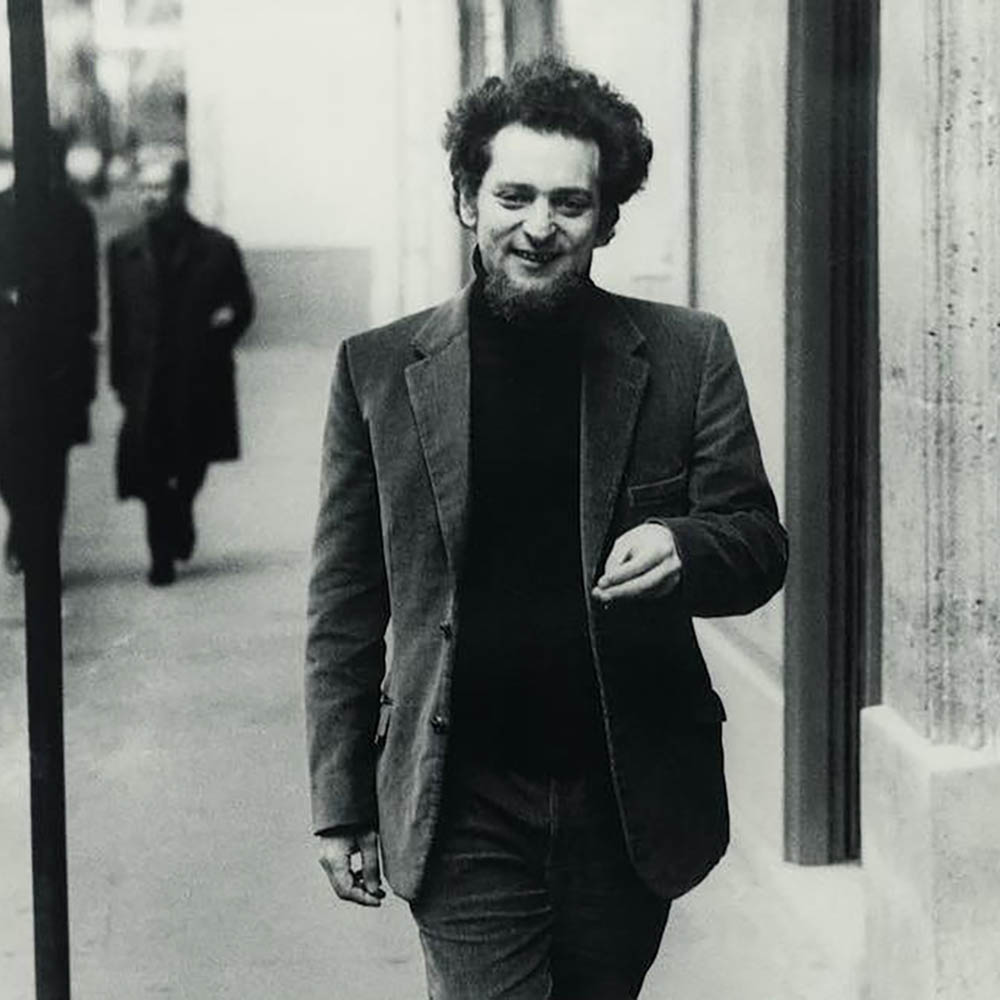
PERLSTEIN, André, phot. PEREC, Georges. Paris, France. April 18th, 1969.
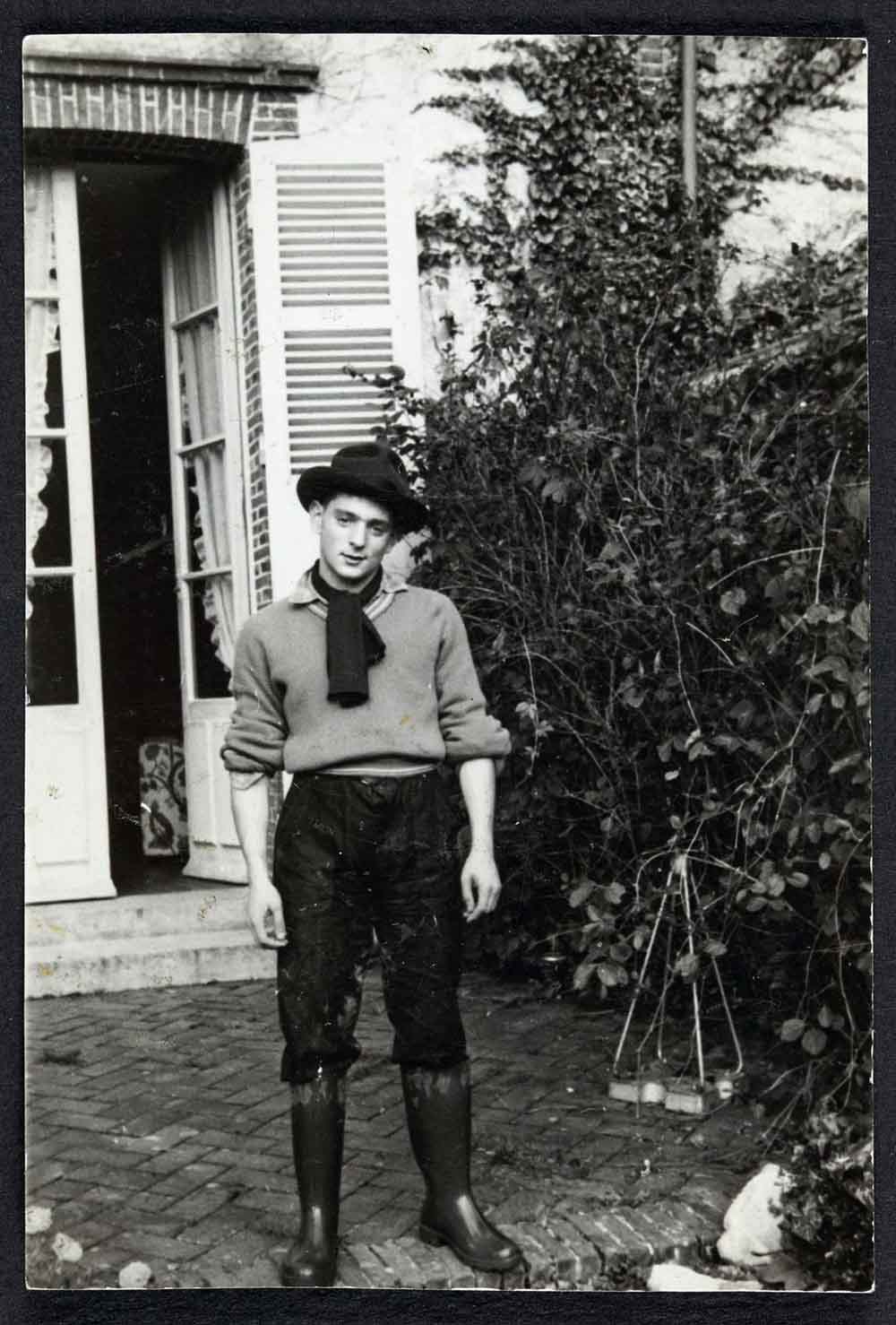
HONETEAU, Frédéric. PEREC, Georges. Paris, France. 1955.
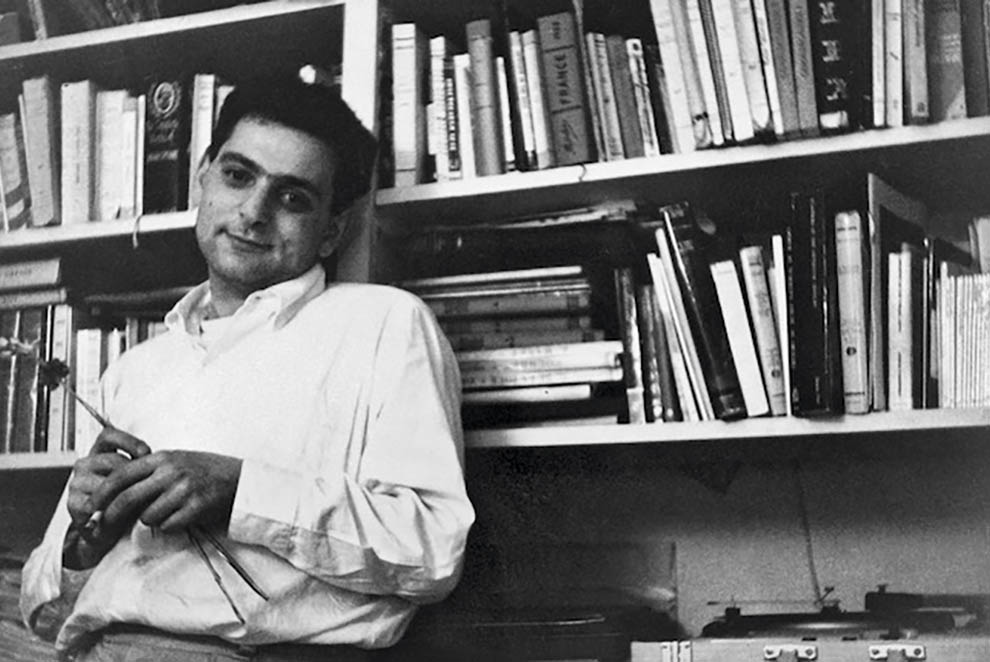
GETZLER, Pierre, phot. PEREC, Georges. Paris, France. 1962.
- LUCIAN FREUD« from borrowed suits to bespoke tailoring, Freud’s fashion choices evolved with his art »
- DAVID LYNCH« The oddest of Americans, the most American of oddballs, Lynch was a man with a uniform. »
- THE FLARED TROUSER
- BRUMMELL« the most sober, the most strict, the least extravagant man »
